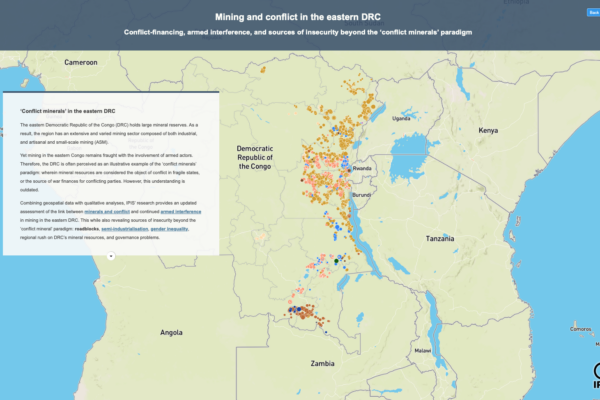
Mining and conflict in the eastern DRC: An interactive story map
February 15, 2024Conflict-financing, armed interference, and sources of insecurity beyond the ‘conflict minerals’ paradigm In this story map, IPIS presents its findings on the linkage between mining and conflict-financing in the eastern Democratic Republic of the Congo (DRC). Based on a survey conducted between 2021-2023 of 829 active mining sites (representing over 132,320 artisanal miners), IPIS’ research provid
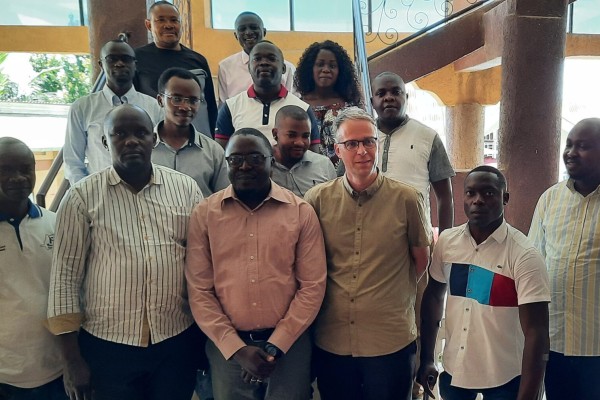
Kufatilia evolves into a civil society network, now equipped with a new platform to follow up on mining incidents
January 19, 2024First annual meeting of the newly established Kufatilia network In November 2023, IPIS’ Kufatilia partners traveled to Bunia and Bukavu in the eastern Democratic Republic of the Congo (DRC) to attend the first annual meeting of the newly established Kufatilia network. Consisting of two separate conferences in Ituri and South Kivu, the meeting brought together twenty-two partnered Congolese civil s
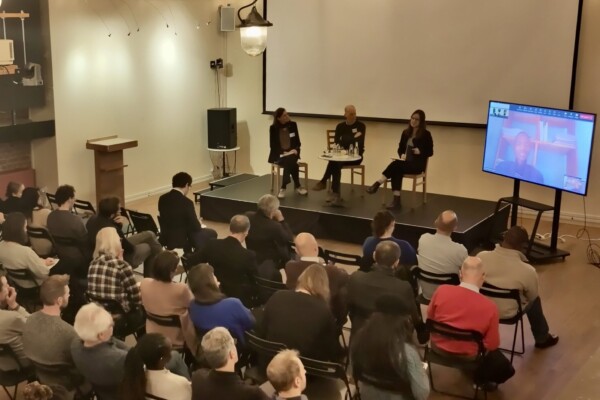
IPIS Event: Congolese cobalt, EU regulations, and direct investment
January 9, 2024On the 30th of November, IPIS hosted its annual panel discussion, this time on current challenges facing the cobalt sector in the Democratic Republic of the Congo (DRC) and the potential impact of European Union (EU) regulations to improve these. Moderated by Lotte Hoex, the panel consisted of Esperant Mwishamali, independent researcher on cobalt artisanal and small-scale mining (ASM) in the DRC,
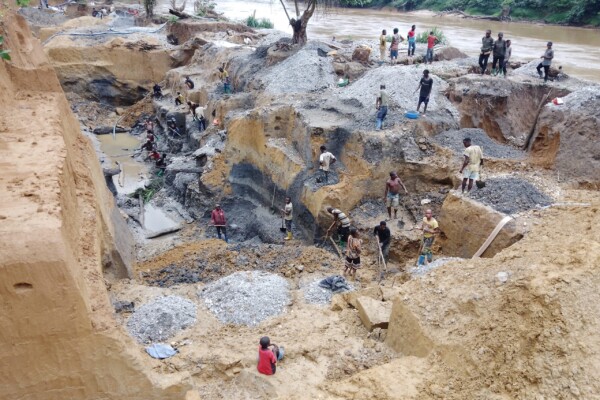
Analysis of the interactive map of artisanal mining areas in eastern Democratic Republic of Congo (2023 update)
December 22, 2023Since 2009, IPIS has mapped and collected data at more than 2,800 Artisanal and Small-scale Mining (ASM) sites in the eastern Democratic Republic of the Congo (DRC). In this report, IPIS provides its 2023 update of the state of ASM in the eastern DRC, based on data from over 829 ASM sites in the eastern DRC between 2021-2023. The study analyses linkages between mining, conflict, and insecurity in

Increasing awareness of policy reforms on gender equality issues in artisanal and small-scale mining in eastern DRC: Case study of the Numbi, Nzibira and Nyabibwe sites
December 13, 2023The mineral resources of the eastern Democratic Republic of the Congo’s (DRC) provide an important source of employment for both men and women involved in artisanal and small-scaling mining (ASM). Yet opportunities are not equal for men and women. Based on a series of interviews with various ASM stakeholders at the mines of Numbi, Nzibira and Nybibwe in the province of South Kivu, this
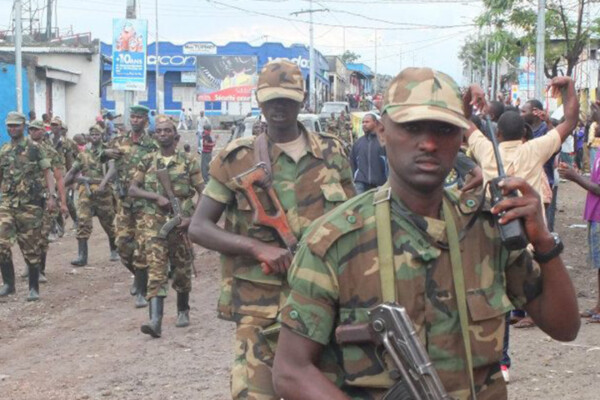
M23 crisis flares again in North Kivu: context, dynamics and risks
November 16, 2023Past October, violence resurged in North Kivu province, as clashes intensified between the Movement of March 23 (M23) and various local militias, as well as the Congolese army (FARDC). An additional 200,000 people have been displaced last month, exacerbating the dire humanitarian situation in the province which already counted over 590,000 internally displaced persons (IDPs) due to the M23 crisis
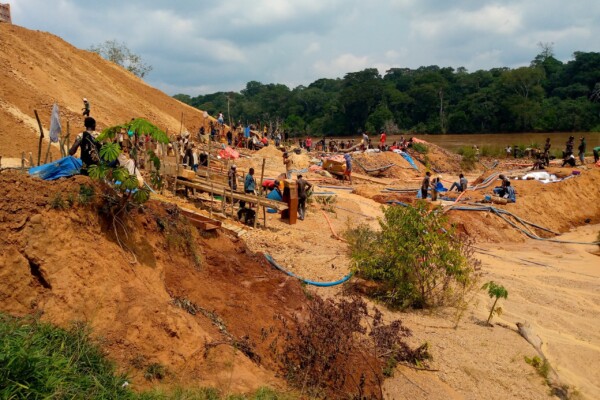
Mapping of artisanal mining sites in western Mambasa, Ituri Province, Democratic Republic of the Congo
October 27, 2023The western part of Mambasa territory, in Ituri province, has been overlooked by national authorities and international partners. This despite major expansions of artisanal and small-scale gold mining (ASM) operations, including in the Okapi Wildlife Reserve (OWR). These mining operations have caused tensions between native inhabitants, miners, armed actors, officials and conservationists. Se
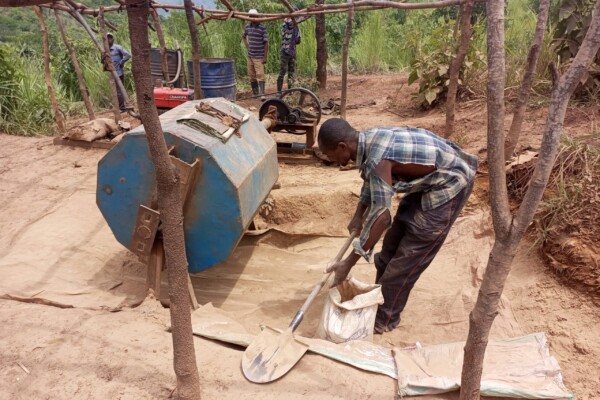
Securing insecurity: Semi-industrial gold mining and violence in Mwenga, South Kivu, Democratic Republic of Congo
October 5, 2023Since 2011, gradual introduction of novel mining equipment such as crushing mills has led to the increasing mechanization of artisanal gold mining operations in Mwenga territory (South Kivu), including the arrival of semi-industrial mining companies. This report is part of a USAID-funded project examining the linkage between armed conflict, insecurity and natural resource exploitation in the easte
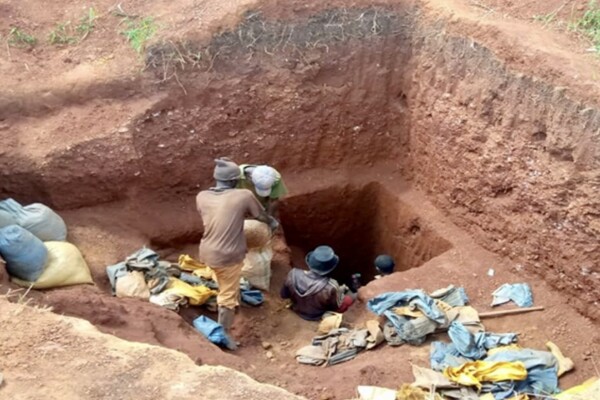
Voix du Congo: The role of artisanal mining in the demobilisation and reintegration of former FPRI fighters in the chefferie de Walendu Bindi, Ituri
September 22, 2023See our series: VOIX DU CONGO Located in the north-east of the Democratic Republic of Congo, the province of Ituri has experienced almost two decades of activism by the armed group Force de Résistance Patriotique de l’Ituri (FRPI). The failure of a demobilisation, disarmament and reintegration (DDR) programme launched in 2020 has led FRPI fighters to informally return to public life, finding
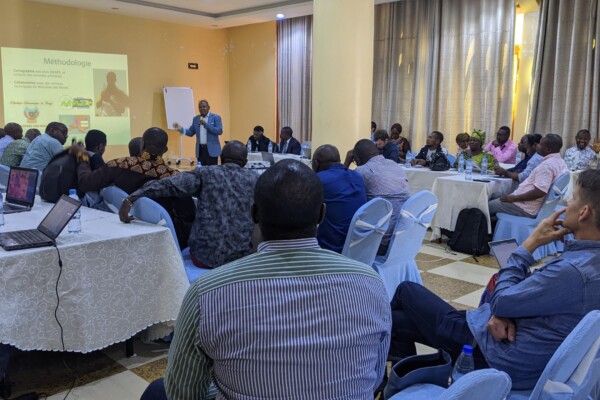
Sharing the results of two years of research into eastern DR Congo’s artisanal mining sector
July 12, 2023Since 2021 and in partnership with USAID and the Congolese Ministry of Mines (through its technical service SAEMAPE), IPIS has been undertaking a large-scale project to map and analyse artisanal mining supply chains and conflict financing dynamics in eastern DRC. A restitution meeting was held in Goma (North Kivu) on June 21st, 2023 to present and discuss the results produced over the past two yea
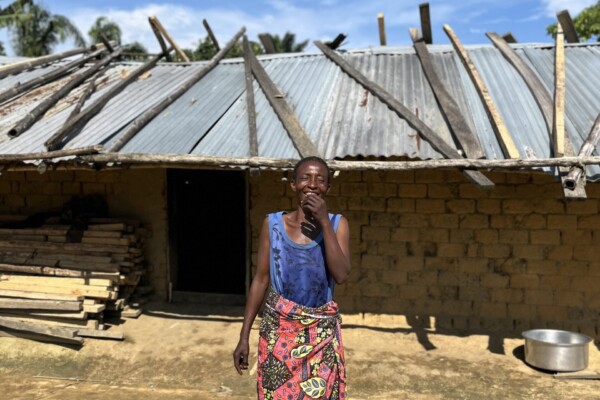
Unconditional Cash Transfers (UCT) in the DRC: Midline results of a pilot study in an artisanal mining zone in Maniema province
June 19, 2023In October 2021, the Belgian non-profit organization Eight World, started a pilot project of Unconditional Cash Transfers (UCT) in a village in an artisanal mining zone in the territory of Pangi, in Maniema Province, in the Democratic Republic of Congo (DRC). Eight World transfers cash directly to individual beneficiaries via a mobile money system. Each adult living in the UCT village receives 20
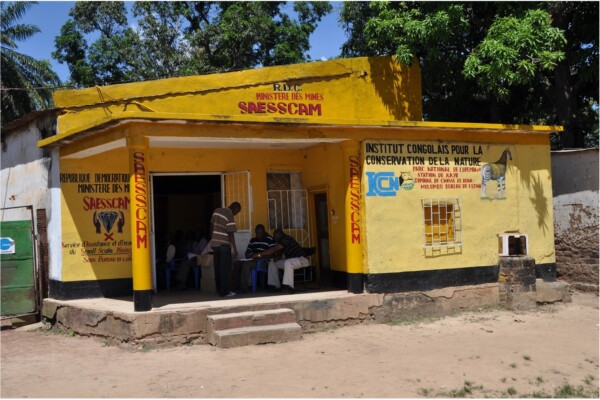
Taxes and levies in the artisanal mining sites of South Kivu and Ituri: How much does an artisanal miner pay?
April 14, 2023This report is the result of a large-scale field study on taxation in the artisanal mining sector in the eastern Congolese provinces of Ituri and South Kivu. The main finding is that current regulations and practices in the field not only cause mineral smuggling, which leaves some of the sector’s fiscal potential untapped at the provincial and national levels, but also constitute a source of insec
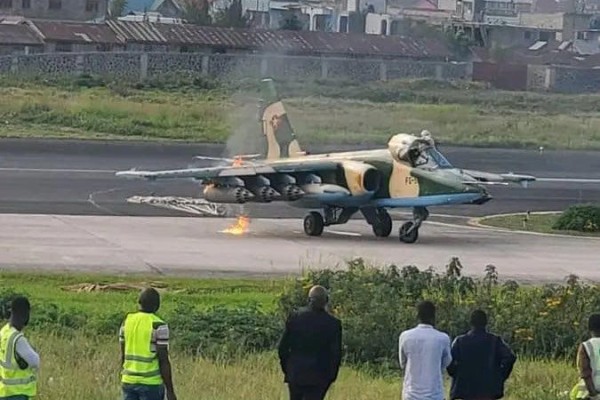
Why M23 is not your average rebel group
February 6, 2023Ce briefing est également disponible en français The past year saw some major changes in the eastern part of the Democratic Republic of the Congo (DRC), which has been ravaged by armed groups for decades. One group in particular rose to the forefront, the Mouvement du 23 Mars (M23). The objectives of M23 are perched at the intersection of local, national and regional power interests as w
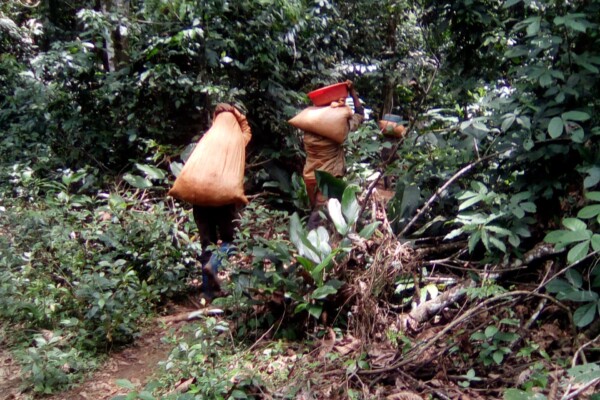
Armed conflict, insecurity, and mining in eastern DRC: reflections on the nexus between natural resources and armed conflict
December 7, 2022This report offers a new framework for looking at the eastern Congo conflict, one within which new evolutions of the past twenty years find a place. Indeed, violent conflict in eastern Congo has changed dramatically in all its aspects over the past two decades. Yet too often policymakers and observers appear to assume that we are dealing with a proxy war orchestrated from the DRC’s eastern neighbo
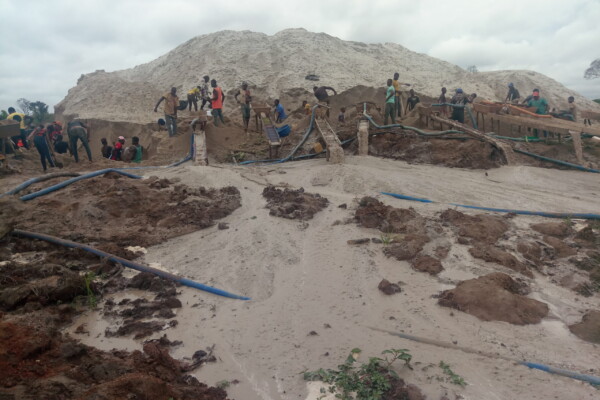
Analysis of the interactive map of artisanal mining areas in eastern Democratic Republic of Congo – 2022 update
November 29, 2022In eastern Democratic Republic of Congo (DRC), the artisanal and small-scale mining (ASM) sector plays an important role in the local economy. While large-scale armed conflict over DRC’s mineral wealth has decreased significantly over the past twenty years, armed actors continuously interfere in the mining sector, and conflicts over resources at the local level are still common. Based on new minin
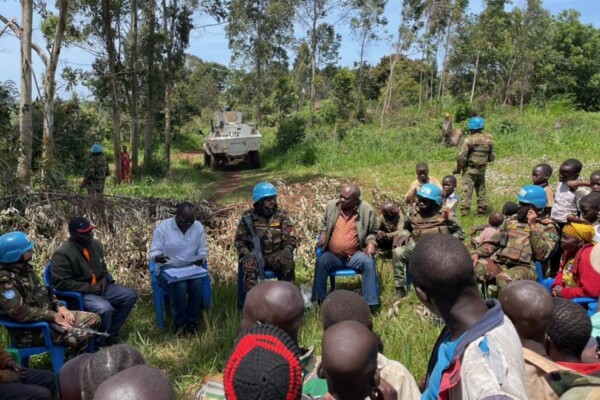
Is the UN overstaying its welcome in the Democratic Republic of Congo?
November 28, 2022What is happening? Since July 2022 the Democratic Republic of Congo (DRC) has seen a series of protests against MONUSCO, the UN peacekeeping mission deployed in the DRC. The protests took place in multiple cities in eastern DRC, which has recently seen an increase in armed group activity. The protestors voiced their anger towards the UN for being unable to protect civilians against the violence of
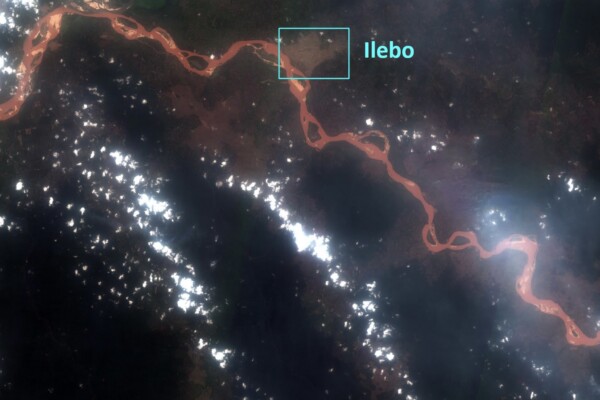
Troubled waters in the Kasai. Pollution by the Angolan diamond industry and culpable negligence by the Congolese government
September 2, 2022Late July 2021, local media first reported on the brownish-red discoloration of hundreds of kilometers of the Democratic Republic of Congo’s Tshikapa and Kasai rivers due to pollution from ‘industrial diamond mines’ in neighbouring Angola. About a year after the news reached the world press, hardly anything has been heard about the environmental disaster.
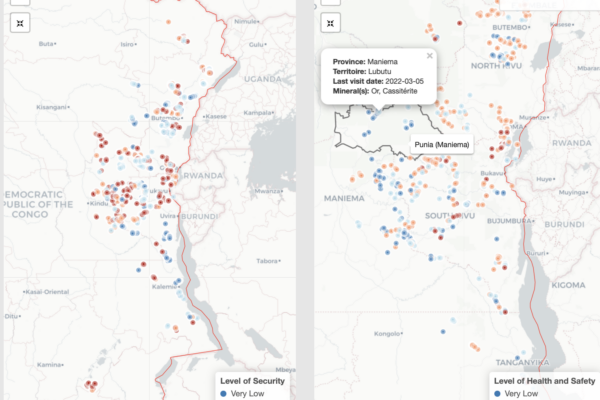
Responsible mining scorecard in eastern DRC
August 31, 2022Over the years, IPIS has systematically collected mine site and trade hub level data on artisanal and small-scale mining (ASM) in eastern DRC. This data collection has enabled IPIS to generate a sizable database of more than 3,000 ASM sites that draws both on sites visited by IPIS and data from third party sources including the Congolese mining cadastre and the Mini
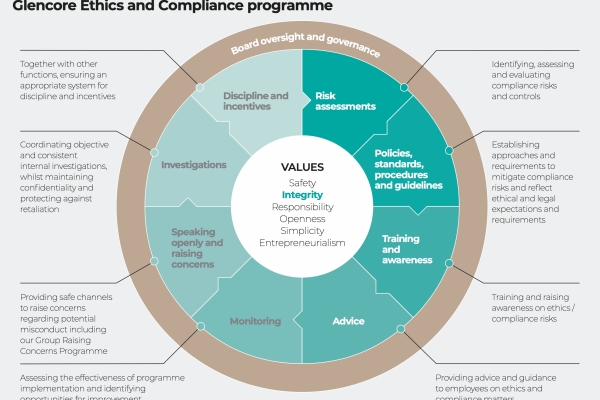
A fault confessed is half redressed: Glencore pleads guilty
June 27, 2022IPIS Briefing – June 2022 On the 24th May 2022, the Justice Department of the United States announced that Glencore pleaded guilty for foreign briberies and Market Manipulation Schemes in violation of the Foreign Corrupt Practices Act and had accepted a USD 1.1 billion settlement. The same day, Glencore Energy UK Limited also made public that it would plead guilty in the invest
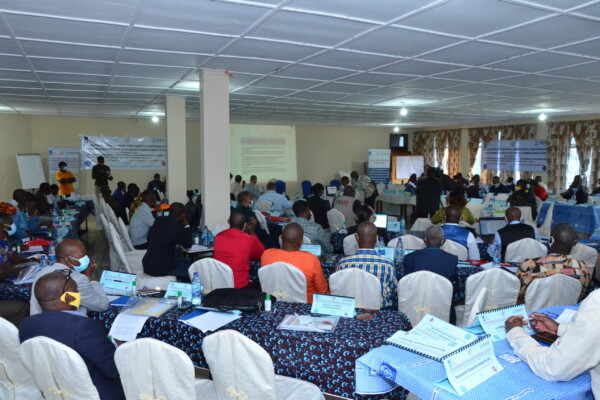
“The Blue Mine” as a new status for qualifying mine sites in DRC. The result of successful advocacy by the Madini Project
November 23, 2021On November 12th 2021, the National Minister of Mines of the Democratic Republic of Congo (DRC), Madam Antoinette N’Samba Kalambayi, signed the ministerial decree instituting a new status for the qualification /validation for artisanal mining sites: the Blue Status. Mine site qualification and validation (in line with the ICGLR’s Regional Certification Mechanism ) is a mandatory process in the DRC

